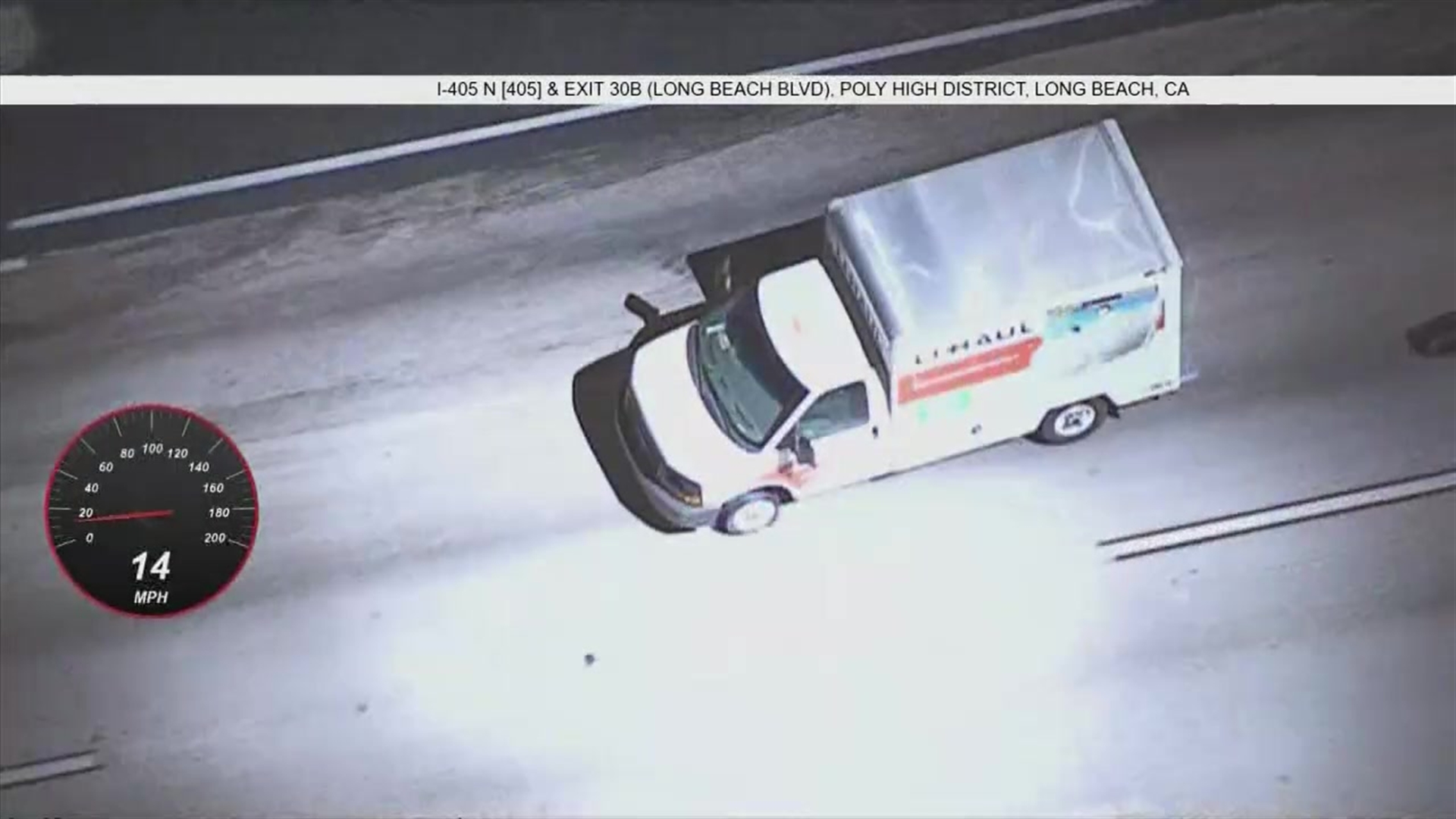Glendale has become the first city in California and the third in the nation to pass a resolution apologizing for its history as a “sundown town.” The term references cities that once excluded African Americans.
In June, hundreds of people in Glendale joined tens of thousands across the nation staging Black Lives Matter protests and calling for racial justice.
The Glendale city council has responded with a promise to address racial bias in the city, starting by unanimously passing a resolution apologizing for and condemning its history as a “sundown town.”
As described in the book “Sundown Town” by historian James Loewen, the phrase was the name given to thousands of cities in the U.S. where African Americans were warned not to be caught after dark.
Some cities posted signs that read “Don't let the sun set on you here, understand,” while others used intimidation, violence or discriminatory laws.
Newspaper clippings dating back to the 1930’s documented Glendale’s history excluding African Americans. The city at one time was headquarters to the American Nazi Party.
“It has that legacy and it makes sense to address that head on,” Glendale City Councilman, Dan Brotman said.
Glendale City Councilman Dan Brotman says while the resolution is mostly symbolic, it’s an important first step toward creating a more equitable city.
“The resolution does commit us to look at how we conduct affairs in Glendale and look at how racism may be playing a role,” Brotman said.
Tara Peterson heads up the coalition for an anti-racist Glendale. She says the resolution means the city gets to take ownership of its painful history.
“Being able to say, hey we know we were once this way -- we’re no longer this way, and this is what we’re going to do moving forward.”
The city council also agreed to hire an investigator to do a historic context study to document the racial history of Glendale and to look at how racial bias may play a factor in the city’s hiring practices, housing and police policies going forward.
“It’s extremely empowering and makes a community feel like they can come together and now we can think about healing and reconciliation.”



